Have trouble trusting your partner? Check your attachment style
We all have the desire to feel needed and loved, right? But, what if we’re unable to trust in our romantic relationships due to the effects of negative childhood experiences?
According to the CDC’s 2013 Adverse Childhood Experiences Study (ACE study), nearly 35 million U.S. children have experienced one or more types of trauma. Experiences such as childhood neglect, sexual abuse, violence, or living in a home where drugs or alcohol were used can have devasting long-term emotional and psychological effects.
According to Psychology Today, trust is the foundation for all human connections.
The environments we grow-up in dictate our perception of the people and the world around us. So when they’re chaotic or unpredictable, guess what? We tend to look for those same experiences in adulthood. Why? Because they’re familiar to us. It’s called mirroring. We reflect what we’ve been taught.
According to Psychologist and Sex Therapist Dr. Elizabeth Goschi, certain personality types can develop from our environments. Goschi, a believer in attachment theory, a coin termed in the 1950s by psychiatrist and psychoanalyst John Bowlby, is a theory based on how a child’s early relationship with their caregivers pre-determine their future relationships. Sound familiar?
“People fall into four categories when in relationships: secure, anxious-preoccupied, dismissive-avoidant and fearful-avoidant,” Goschi says.
Sounds complicated right? Stay with me on this one. It gets interesting.
She explains that very few people actually have secure attachments. This style comes from having all of your emotional and psychological needs met as a child.
“Just look at the divorce rates, the conflict, the single-parent homes. It’s rare,” Goschi said.
But secure attachments do exist. And, when we meet this type of person they can help us build trust, willingness and intimacy. Something we all want and need.
The second and third attachment styles, anxious-preoccupied and dismissive avoidant, are more common. The anxious lover is someone whose parents are inconsistent with their parenting style often giving off confusing emotional cues to their children.
These adult lovers will normally exhibit signs of low self-esteem, question their self-worth in a relationship and can come off as needy. If you fail or reject these sensitive types, they tend to blame themselves or desire constant reassurance that you do love them.
“They need, need, need. And that’s problematic for people,” Goschi says.
The last two include the dismissive avoidant and the fearful avoidant. These personalities stem from a childhood where emotional needs were rarely ever met and the child’s safety was threatened.
For the dismissive avoidant, “they are the ones who act like they don’t need anyone. They are the fiercely independent people,” Goschi says. These lovers are hard to tie down. They come off emotionally aloof and tend to suppress or hide their feelings. These might be the folks who take days to text you back, neglect your feelings, or suddenly disappear on you.
Last, but not least, is the fearful-avoidant lover. These are people that have been through the most challenging and traumatic upbringings where their sense of safety has been threatened routinely. For them building intimacy and trust can be nearly impossible. They fear people, and intimate encounters because they believe it will only result in hurt.
However…
Despite the challenging reality of some of these patterns, healing is possible, Goshi assures. And even a secure person can have a relationship with an anxious person and create a loving bond based on mutual respect and trust.
“It’s not about blame. It’s about responsibility. There comes a point in our lives were self-reflection comes and we need to ask ourselves, am I happy with these patterns?” Goschi said.
So in essence, there is hope, people. Hell, there’s room for possibility and growth if we really want to stay positive. The opportunity to build trust and intimacy is the reason why we enter relationships into the first place, right? Which leaves me thinking of the famous quote by author Maya Angelo, “When we know better we do better.”
Interested in going a little deeper? Dr. Goschi recommends this read “Hold me Tight” by Dr. Sue Johnson.


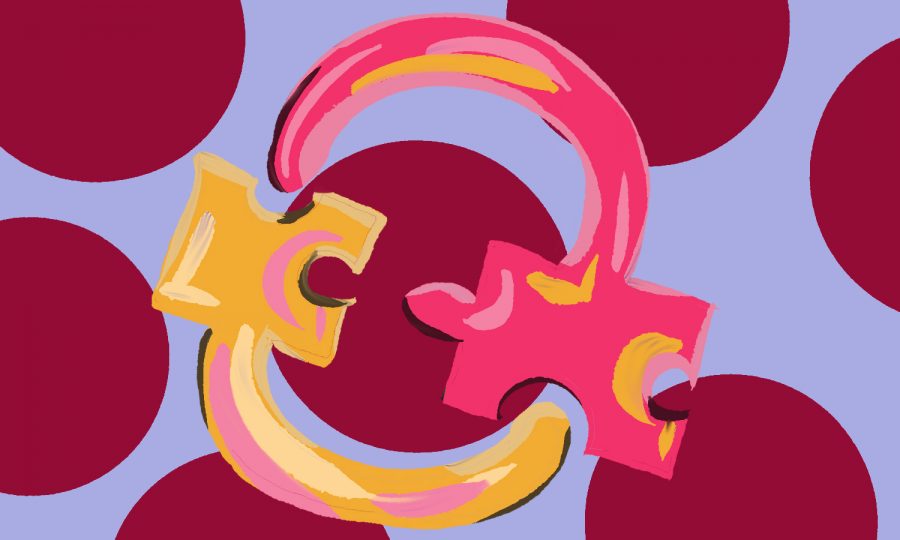
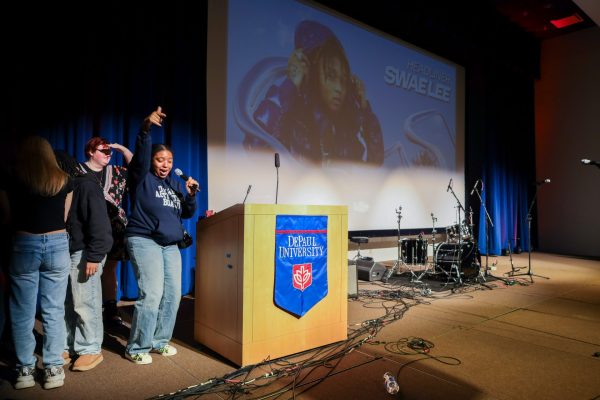
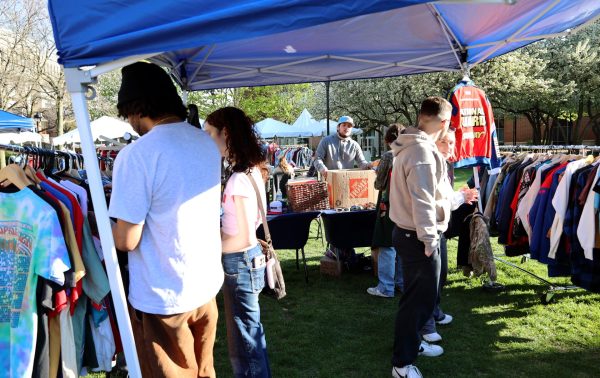
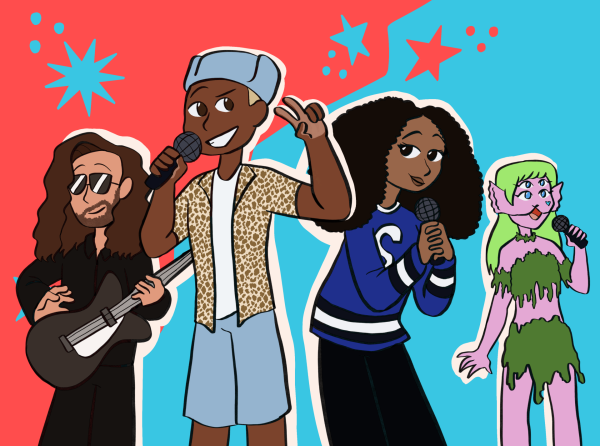
![DePaul sophomore Greta Atilano helps a young Pretty Cool Ice Cream customer pick out an ice cream flavor on Friday, April 19, 2024. Its the perfect job for a college student,” Atilano said. “I started working here my freshman year. I always try to work for small businesses [and] putting back into the community. Of course, interacting with kids is a lot of fun too.](https://depauliaonline.com/wp-content/uploads/2024/04/ONLINE_1-IceCream-600x400.jpg)
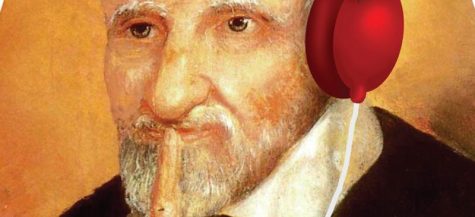
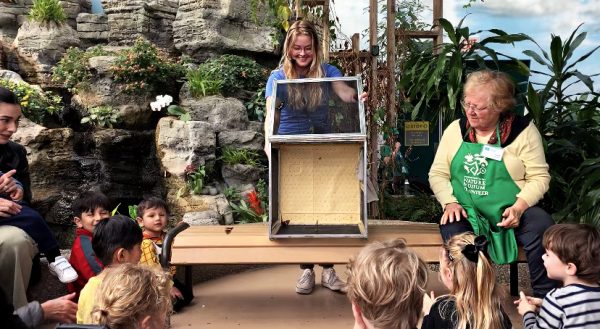
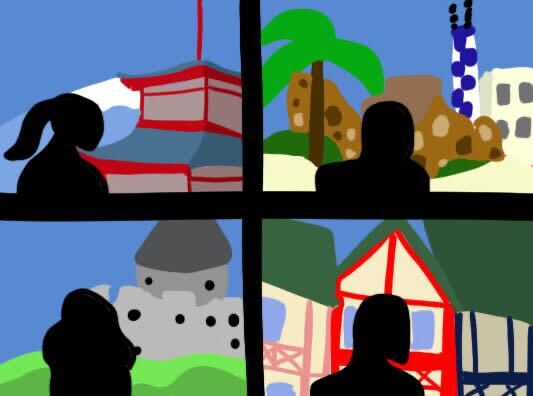
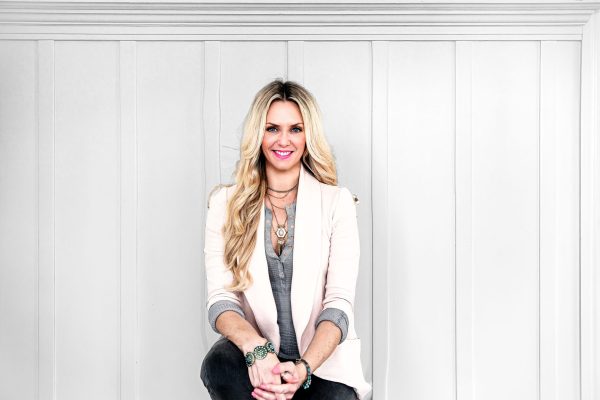
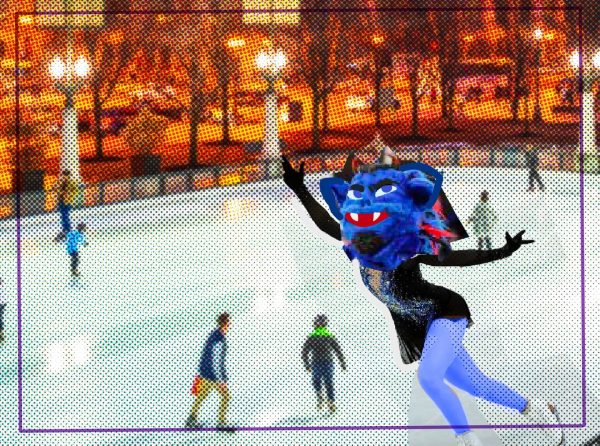
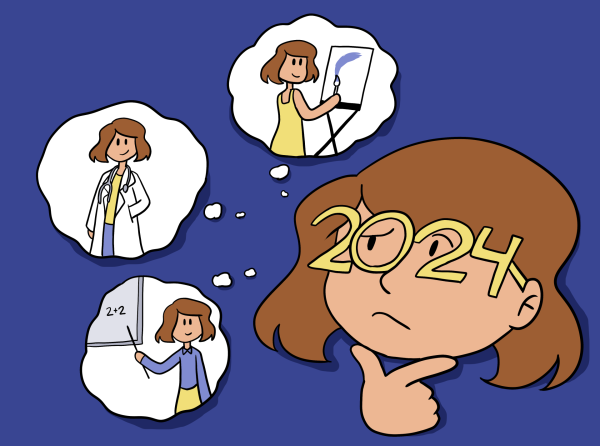
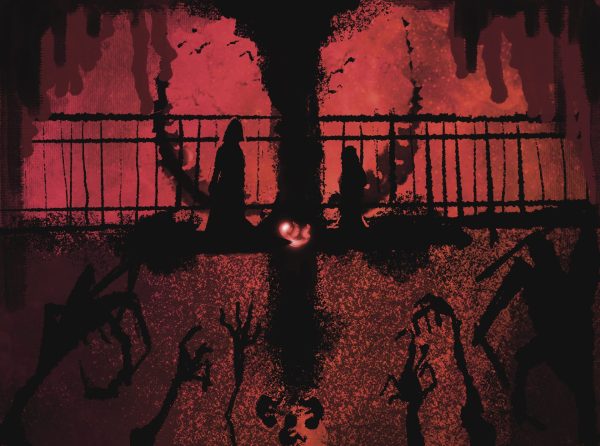
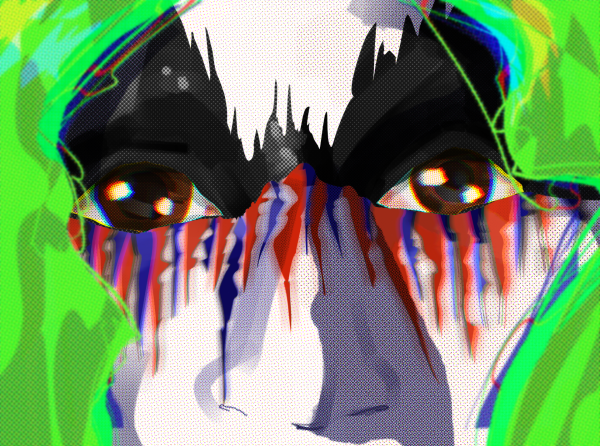
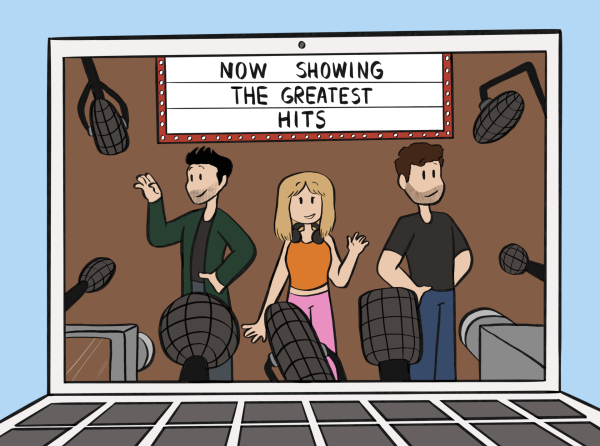
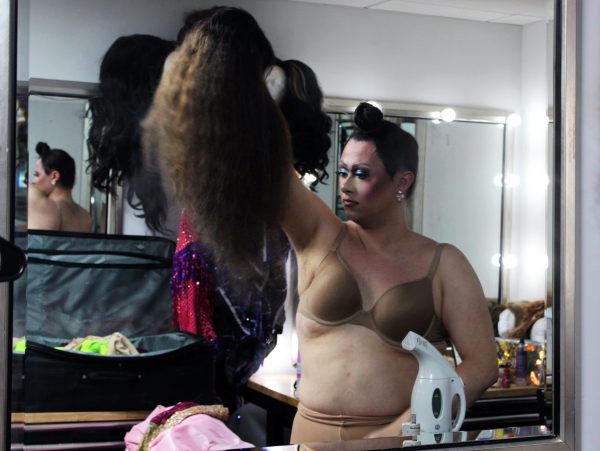
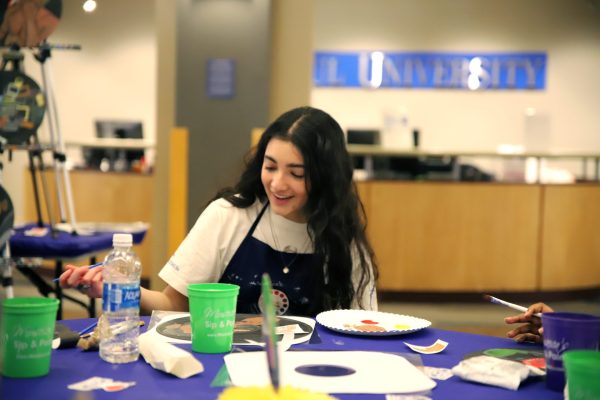
richard walters • Nov 6, 2020 at 7:08 pm
The simple truth about binary options which many of us do not know is the fact that it is mainly based on predictions. Without proper knowledge of what next can happen to the stock market, you are sure to lose your funds. That is why it is important to be tutored or mentored by a professional trader in binary options. During the few days of being mentored by Mrs Doris Ashley I’ve learnt much and also succeeding in trades and have been doing successful withdrawals and was able to recover all my lost funds. Feel free to contact her on Dorisashley52@gmail. com or whatsapp her +1 (516 218 6889 for positive results
Anonymous Cheerleader • Oct 25, 2020 at 10:11 am
This is fabulous!!! Make this a series!!